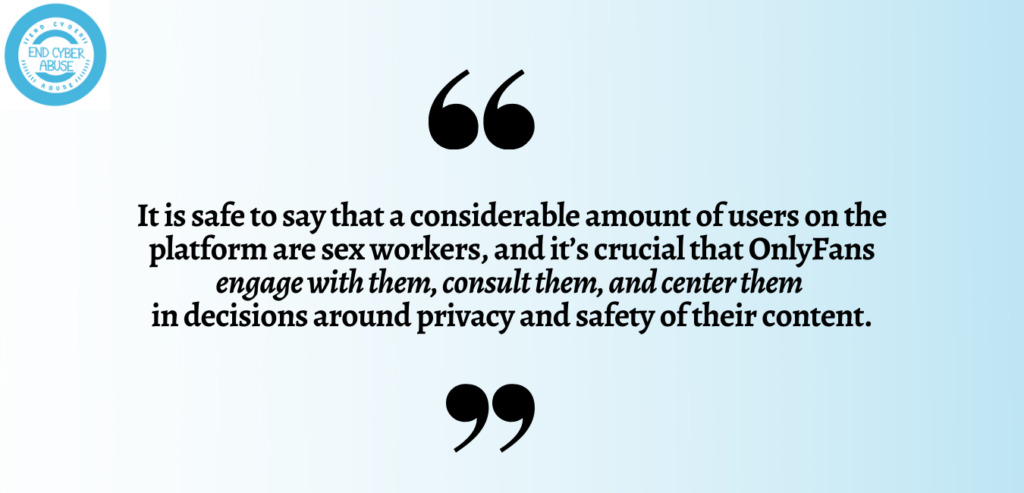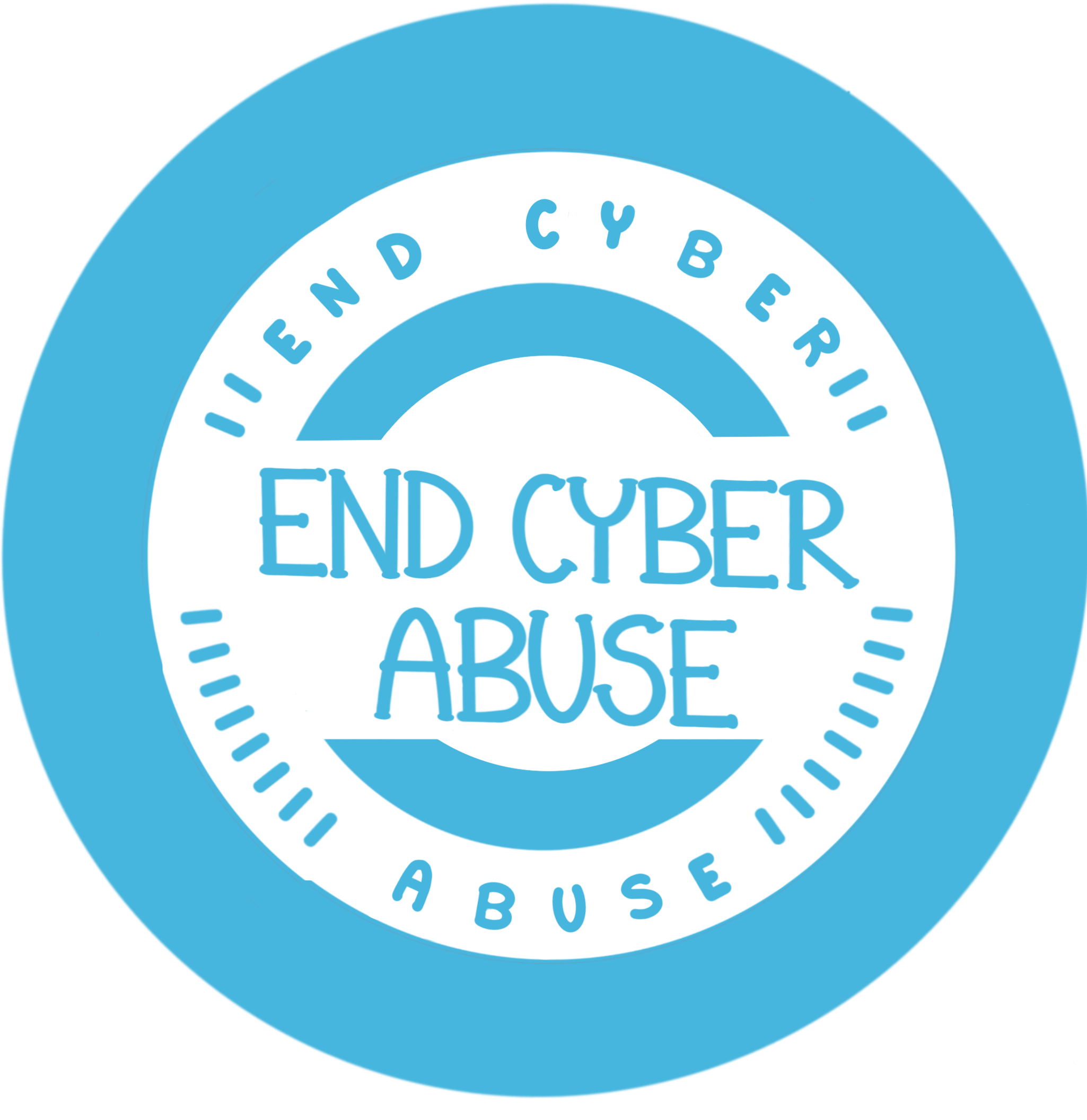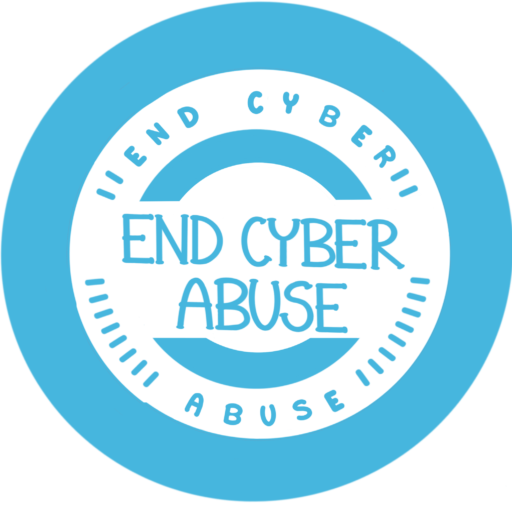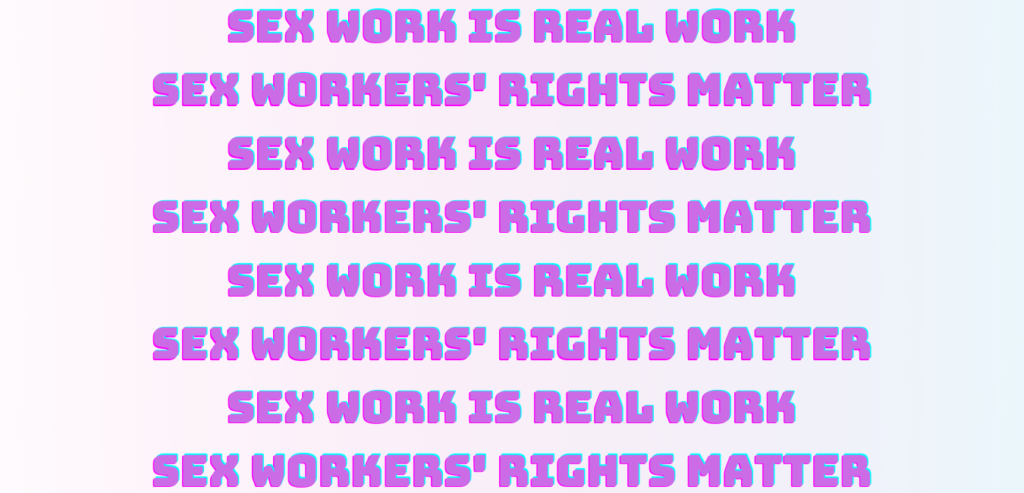Since early February 2020, sex workers have hustled to save their profession, and most importantly, their agency over it. Sandwiched between the COVID-led economic slump and patriarchal anti-sex work logics, the current times have proved severely challenging for the community.
Economically and socially marginalized communities have borne the brunt of the pandemic, but sex workers are living through unique and compounded forms of marginalization. This is partly due to a shift to online platforms, one of which is OnlyFans.
Systematized Consent
OnlyFans is an online platform where content creators (including those who make adult content) can sell their work (image or video) to their subscribers, who pay a minimum of $5 a month per subscription. While OnlyFans takes a 20% cut, a solid 80% remains with the creator. Creators have earned as much as $10,000 a month; however, a significant portion of their profits has often been invested back into producing more innovative content as organic growth is the only way forward on this platform. Here, authenticity combined with collaborations with other sex workers proves popular and lucrative.
“OnlyFans offers the opportunity to see the ‘other side’ of the professional performer and that’s really been opened up during this pandemic,” says Clarissa Smith, a professor at the University of Sunderland and Co-editor of the Journal of Porn Studies, told Insider.
The OnlyFans platform has created a shift in the porn industry by “giving entertainment in the hands of the entertainer” and allowing sex workers to be truly authentic. Crucially, OnlyFans allows sex workers to have agency over who they interact with, how they interact with them, and when. In other words, consent is systematically introduced via the platform itself, where only the subscribers can access the content and engage with it. However, the specificity of this consent is violated. (We get into this a bit further into the blog.) The privacy, agency, safety, and opportunities for growth extended to the content creators on the platform made OnlyFans the perfect workplace for sex workers. Until the “purge” began.
In March 2020, dozens of sex workers woke up to see that their accounts had been deactivated, not only on OnlyFans but also on Instagram and Tiktok (which linked to their OnlyFans accounts). Even if the OnlyFans profiles were linked via third-party apps like Linktree on Instagram, they were deactivated. While there has been no official statement from the platform itself, some believe it was due to a violation of Terms of Service.
This instance, alongside Instagram’s habit of shadowbanning, limiting the visibility of posts by certain accounts thereby severely limiting its potential for growth, paints a clear picture. The “community guidelines” Instagram adheres to exist to create a version of society that is anti sex positivity and anti body positivity. Instagram’s policies themselves are rooted in patriarchal understandings of sex, sexuality and gender.
“They’ve shadowbanned people for pole dancing videos, which frankly is just as cool and artistic as [safe for work] improv and drama and dance stuff that nearly never gets shadowbanned,” Jude, a sex worker on the site Fetlife, shared with the GoMag site. He too was shadowbanned.
More recently, on 22 December 2020, Not Your Porn, a not-for-profit that voices the rights of sex workers and survivors of image-based sexual abuse (IBSA) was blocked on Instagram without any explanation while accounts for exploitative sites like Pornhub remained untouched. Although Not Your Porn’s account is back online after public outcry, the threat to platforms that are sex-positive and outspoken about sex workers’ rights still remains, while exploitative accounts remain safe. Instagram’s “vague yet sweeping new guidelines” that aim to prohibit sexual solicitation make anything remotely sexual a target, even commonly used sexual emojis and regionalized sexual slang. This leaves sexuality educators, sex-positive activists vulnerable but puts the livelihood of sex workers on the line.
Violating Consent, Doxxing and Harassment
By early June 2020, sex workers lost the primary benefit of using the OnlyFans platform – the specific connection they cultivated with their subscribers. Now, any subscriber with basic technical knowledge can use a programmer tool called “scraper” to download the content behind a paywall and upload it onto free sites, make profits by reselling it – or worse, use it to harass sex workers. A recent investigation into the matter found that “ an entire supply chain of people stealing sex workers’ labor using scraping programs, without permission, in some cases by the hundreds of terabytes, and distributing it on other adult sites or selling scraping services through Discord.”
According to the OnlyFans Terms of Service extended to the content creators, they are not allowed to “reproduce, distribute, modify, create derivative works of, publicly display, publicly perform, republish, download, store, or transmit any of the material on the Website.” However, the platform does not publicly state or address the user/ subscriber’s responsibilities on the same. In case the content is pirated, the creators are simply asked to turn to OnlyFans staff for further guidance. Apart from this, the content creators are asked to protect their content by watermarking them, setting up a two-step authentication process, and simply blocking their subscribers if they make if they “cross the line”.
It is important that the platform shoulder more responsibility and ensure their Terms of Service clearly lays out guidance for users, set up a mechanism where creators are notified when a subscriber screen records photos and/or videos, followed by deactivation of user accounts who violate these terms. OnlyFans, and similar platforms, should actively collaborate with researchers, activists and sex workers on matters relating to piracy in order to tackle these violations promptly, effectively, and transparently.
“Those stealing the content feel that it’s their right to take it, that the creators deserve the violation by virtue of the work they do,” says Kat Revenga, Vice President of an adult premium content platform in an article that explores the investigation further.
As we know, technology does not exist in a vacuum: it exists within the context of human prejudices and the oppressive systems within which we live. In this case, OnlyFans shows the potential to be a platform that allows creative agency for sex workers and porn performers, and yet, this is inevitably circumvented by misogynistic users who find ways to violate sex workers’ consent.
Sex workers also often have their personal details leaked after turning down advances, a practice known as doxxing. In the Gold Coast, Australia, a young woman was subject to verbal abuse, stalking and doxxing where her real name, age, address and phone number were released in a fake advertisement on Google. Sexual images of her were also posted on Twitter, which was later taken down after she reported them.
Consent is not complicated; it must be freely given, reversible, informed, enthusiastic and specific – FRIES. However,it is clear that the cultural impunity to consent violations and mistreatment of those in the profession of sex work is rampant. Because of the nature of sex work, users feel entitled to disregard their consent and make their bodies open to public consumption. The taboo associated with the work often does not allow sex workers to be legitimately recognised and respected in our society.
Even when media organisations violate the privacy of sex workers and shame their choice of work by abusing their character and judgement, there is little recourse for justice. A recent New York Post article outed a paramedic who was using Onlyfans to supplement her income during the pandemic. The story focused on Kwei’s “unprofessional behaviour” instead of discussing the poor salary provided to front line workers such as herself. Though Kwei asked not to be named for fear that she might lose her job, the media house doxxed her in direct violation of consent.
Challenging the Perfect Victim Narrative
Sex workers contradict the popular understanding of an ‘ideal victim’ of gendered violence. This ‘ideal victim’ image is extended primarily to naive young girls and sometimes even homemakers fighting the advances of a violent and abusive husband. Within this narrative, there is no space for same-sex couples, those who identify as LGBTQIA+, or other marginalized communities like sex workers. This deep misogynist view of what an ideal victim looks like proves dangerous, as we have seen. Sex workers are denied their right to consent simply because of their profession. Sharing performers’ images against their will with the public or even within private circles is not only a violation of consent but also a form of image-based sexual abuse.

Unfortunately, this cultural impunity is reflected in legal impunity as well.
“It’s very unlikely to be covered by revenge porn legislation. Performers could take copyright action against anyone posting the videos – but would likely find that the content was popping up elsewhere as quickly as it was taken down,” says privacy lawyer Myles Jackman.
This responsibility rests on the shoulders of platforms that have no real incentive to make changes. The latest show of goodwill by Pornhub is an excellent example of this.
On15 December 2020, Pornhub deleted over 2.9 million videos that were uploaded by unverified users. An action sex workers and activitists have been urging Pornhub to take for years. So, what changed? Monetary threat. A piece in the New York Times Opinion highlighted the lives of child sexual abuse victims whose videos were uploaded to the platform and triggered an investigation. This investigation, headed by Mastercard and Visa, could have potentially severely diminished the company’s value, which is what led Pornhub to delete 80% of its content.
Although this move is welcome, the popular media narrative’s celebratory and laudatory tone is concerning. As sex work shifts online, spaces like OnlyFans must be safeguarded with the sex worker community in mind and strive to set legitimate strong safety guidelines that can secure their privacy.
One of the best ways to achieve this is to involve the community that has contributed largely to the platform’s popularity. It is safe to say that a considerable amount of users on the platform are sex workers, and it’s crucial that OnlyFans engage with them, consult them, and center them in decisions around the privacy and safety of their content. And most importantly, we must strive to address the root concerns including patriarchal, misogynistic attitudes that shame and violate sex workers’ privacy, agency, and consent. Huge websites like OnlyFans and Pornhub can do their bit in this area as well by organising large-scale online and offline campaigns on consent, sex positivity, toxic masculinity, rape culture, and other topics that inform one of the root concerns.




